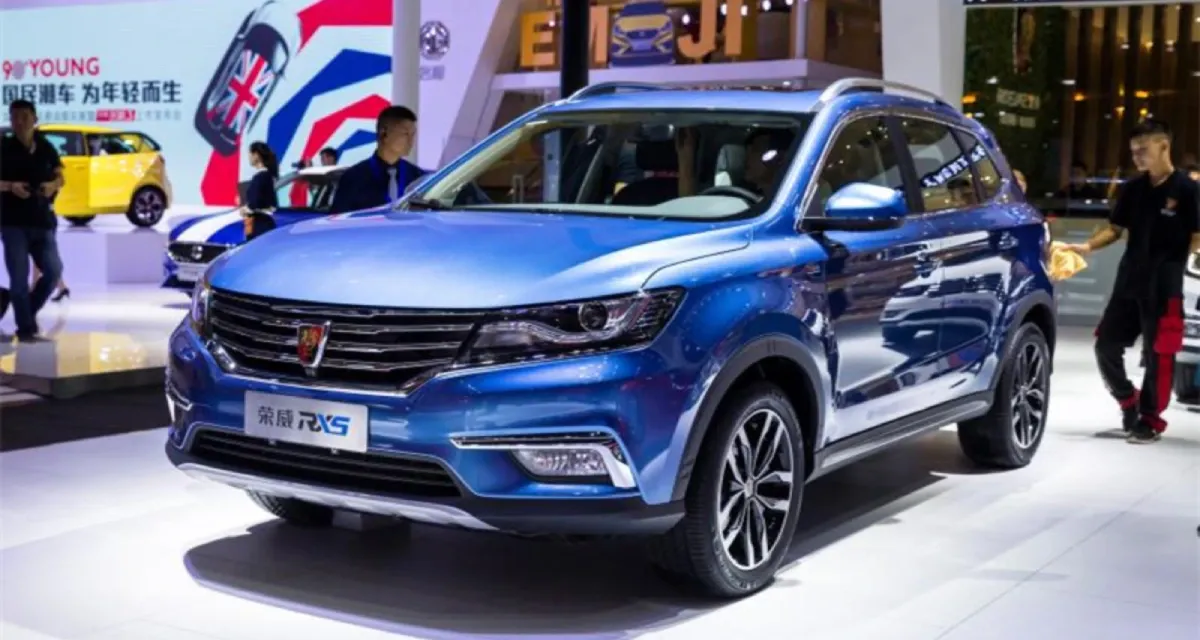

In China, struggling foreign automakers are seeking collaborations with local tech giants to maintain competitiveness in the rapidly growing electric car market, where cutting-edge smart displays, advanced driving assistance systems, and sophisticated mapping technologies are highly sought after.
At the recent Beijing Auto Show, several foreign companies announced tech partnerships, such as Nissan teaming up with Baidu and Toyota signing a cooperation agreement with Tencent. These traditional auto giants, including Japanese manufacturers, are facing challenges in keeping up with the innovative local EV startups dominating the market.
These automakers, not known for their technological prowess, are now compelled to be more open-minded towards tech advancements due to the shifting landscape in China and the rise of tech-focused players like Xiaomi and Huawei. With over 100 Chinese electric car brands engaged in a fierce price war to attract affluent consumers with advanced technology, foreign firms have encountered difficulties in maintaining their market share.
To gain a competitive edge in China's electric vehicle market, foreign automakers must adapt to the demand for smart and tech-savvy features. By forming partnerships with local tech firms, they aim to leverage Chinese innovation and access critical data, crucial for staying relevant in the rapidly evolving industry landscape.
The need for collaboration with Chinese partners is driven not only by innovation but also by regulatory requirements and data security concerns. This partnership approach allows foreign players to navigate the complexities of the Chinese market while complying with local regulations on sensitive data and technology.
By teaming up with tech giants like Baidu and Tencent, foreign automakers hope to offer advanced smart features tailored to Chinese consumers. Additionally, these partnerships are viewed as long-term strategies to ensure sustained growth and competitiveness in the Chinese market for the coming decade.
The convergence of automotive and tech industries in China represents a significant opportunity for innovative endeavors, particularly in the realm of Artificial Intelligence (AI) in smart cars. The potential applications of AI in-vehicle systems, integrating historical data, driving patterns, and consumer behavior, hold promising prospects for personalized services and monetization options in the evolving automotive landscape.
Also Read: